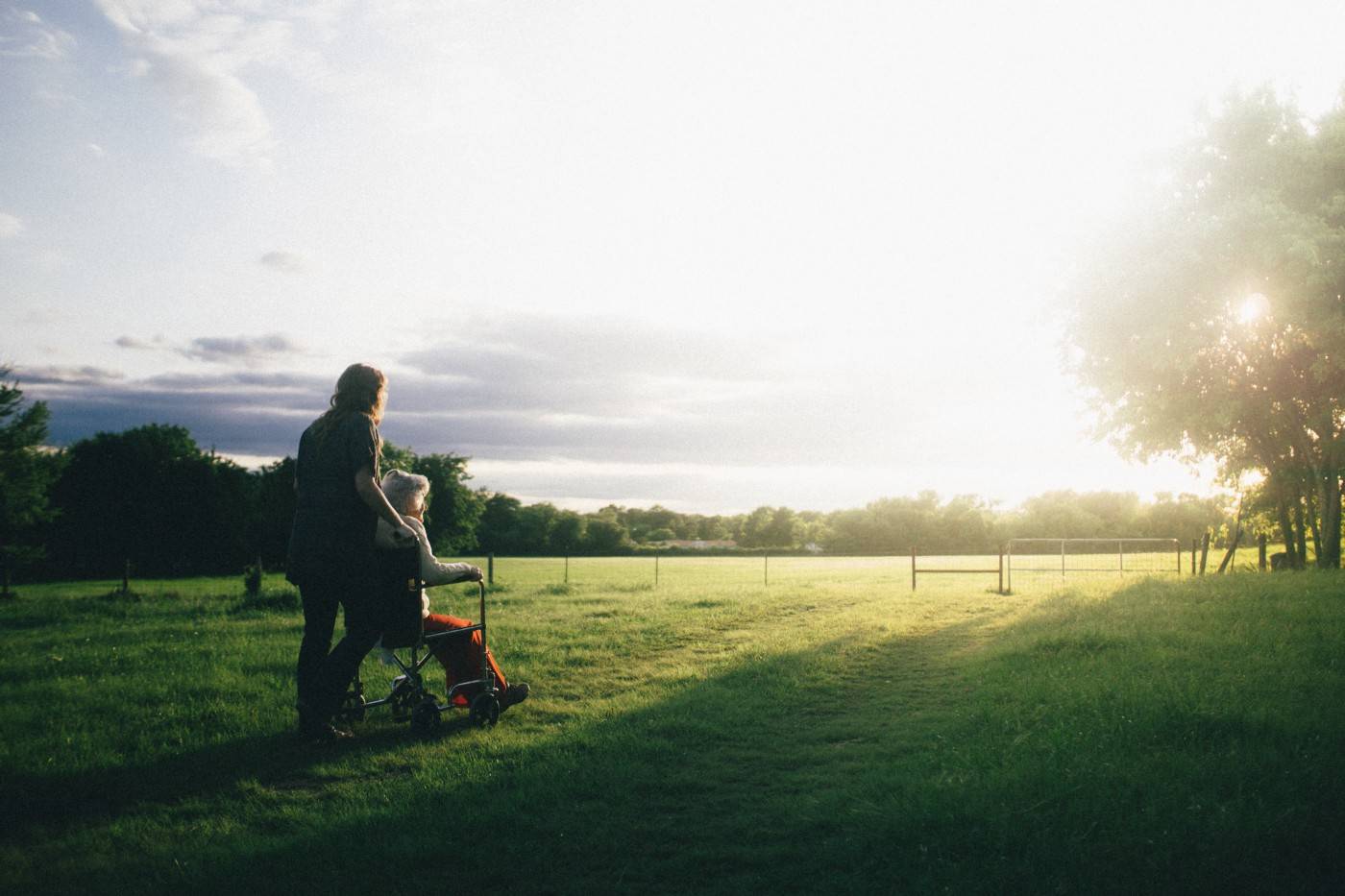Submitted by the Washington State Department of Health
Many of us are worried about, or trying to take care of, loved ones who are at higher risk for getting very sick from COVID-19. Today we released guidance for taking care of someone who is at high risk or is already sick with respiratory illness.
If you are caring for someone who is well now, but at higher risk of getting very sick from COVID-19, there are some steps you can take to help keep them safe.
Contact their health care provider to ask about getting extra necessary medications to have on hand in case you and your loved one need to stay home for a prolonged period of time. If you cannot get extra medications, consider using mail-order for medications. Ensure you have enough medical supplies (oxygen, incontinence, dialysis, wound care, etc.) and create a back-up plan for getting more.
Make sure your loved one has non-perishable food items on hand.
Determine who can care for your loved one if you become sick. Stay in touch with others by phone or email. You may need to ask for help from friends, family, neighbors, community health workers, or someone else in your network. Create an emergency contact list.
Take steps to protect yourself and your home
We have also included in this guidance practical strategies to reduce your risk of getting sick while caring for someone even if you don’t have access to standard personal protective equipment (masks, gloves, gown). These strategies are not as good as using the standard equipment, but they may help to reduce your risk of getting sick, and are better than nothing.
Keep your care environment clean. Clean and disinfect frequently touched objects and surfaces like tables, doorknobs, light switches, handles, desks, toilets, faucets, sinks, and cell phones. See EPA-registered disinfectants that kill COVID-19.
Wash your hands often with soap and water for at least 20 seconds, especially after blowing your nose, coughing, or sneezing, or having been in a public place.
If soap and water are not available, use a hand sanitizer that contains at least 60 percent alcohol.
Avoid touching your face, nose, and eyes.
To the extent possible, avoid high-touch surfaces in public places — elevator buttons, door handles, handrails, handshaking with people, etc. Use a tissue or your sleeve to cover your hand or finger if you must touch something.
If more food is needed, consider ways of getting food brought to the house through family, social, or commercial networks.
This guidance is available on in 26 languages on our COVID-19 Education Materials webpage under the heading “Information for families caregiving for loved ones.”
Check on the caregivers in your life
Do you know someone who is balancing care of an inter-generational household? Check in with them. How could you help? See if you can safely give them a break or help take some things like errands or chores off their plate. There may be ways you can support them while still taking social distancing precautions to keep them and those they care for protected.




